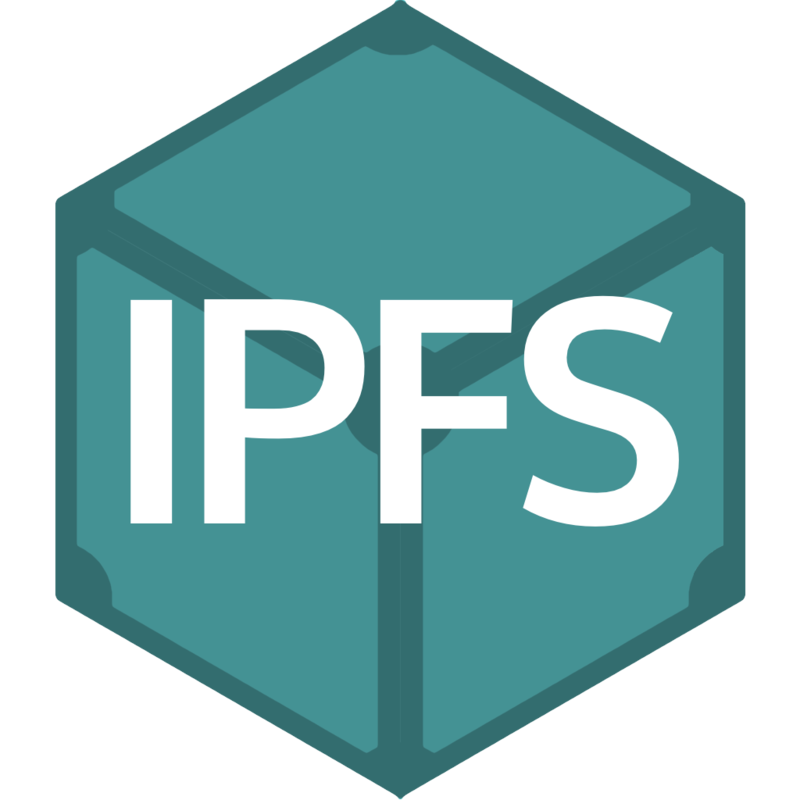
The Interplanetary File System (IPFS) is a distributed, peer to peer, file system. It’s pretty cool. So, here’s an experimental plugin that adds backend file system support for this protocol for Known.
Currently this functions as a drop in replacement for the Known file storage system, along the same lines as the S3 plugin. It’ll store photos, profile pictures, and any other stored data to IPFS instead of on the local file system, or in Mongo (if you’re using Mongo).
Usage
You’ll need an IPFS server to talk to. For development I installed go-ipfs, so you can use that, or one of the public ones.
Next, copy the IPFS directory to your IdnoPlugins
By default, the plugin is set up to talk to localhostconfig.ini
[IPFS]
host = 'servername'
port = 1234
apiport = 5678
Replace the values accordingly, but make sure you keep the [IPFS] section header.
Still to do
At the moment, this is a drop in functional replacement for file storage, and doesn’t go into some of the cooler things you can do with Content-Addressable storage.
As pointed out in this ticket, an obvious improvement would be to cache stuff from the image proxy to IPFS (which already takes place), but to directly reference them via their content hash (which doesn’t currently take place), as this should be more efficient.
Anyway, that’s future development and would require some core hooks. I’ll get to that next, I’m sure.
Anyway, kick the tires and let me know your thoughts. Pull requests more than welcome!
» Visit the project on Github...


